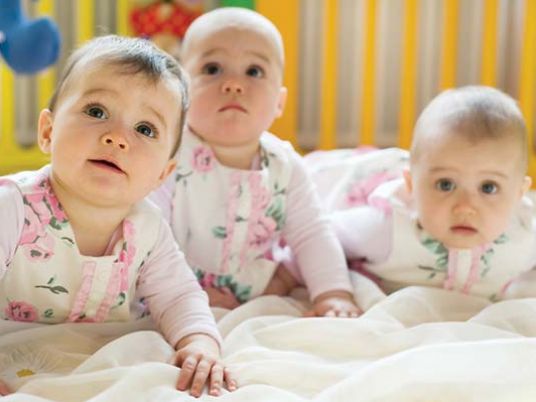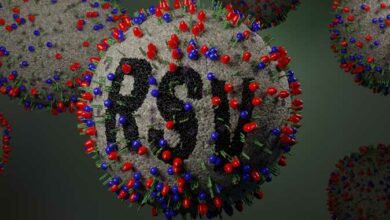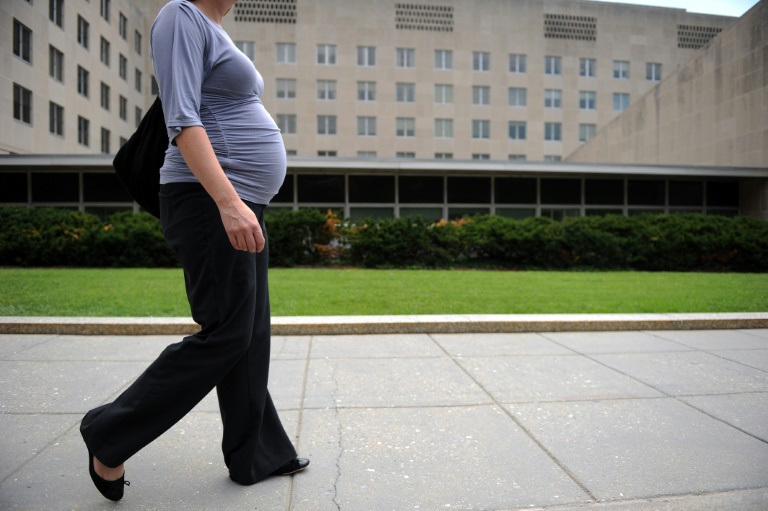
A commentary, published in Jama Paediatrics, highlights the importance of talking to babies right from birth. This early interaction can nurture children’s developing brains, while contributing to language acquisition, early literacy, school readiness, and social and emotional well-being.
As well as nourishing babies for their physical well-being and growth, parents should feed their developing brains by talking to infants from the outset, according to a recent paper from experts at Harvard Graduate School of Education and Boston Medical Centre.
According to the paper, not all parents think to engage in this kind of communication with their babies, bearing in mind that the quality of the conversation matters more for a child’s development than the quantity of words.
The authors also highlight that children growing up in low-income households have, on average, heard 30 million fewer words and have half the vocabulary of children with parents with higher incomes by the age of three.
Worldwide, 13 million children go to bed without being read a story, continue the authors, who launched a literacy programme giving books to children at paediatric visits.
In light of this, the scientists published guidance for paediatricians and parents about how best to talk to babies at different ages and developmental stages.
Birth to six months
Parents won’t be able to capture a baby’s attention with normal adult speech. Talking to them tenderly using exaggerated sounds and facial expressions lays the foundations for language learning and resiliency in these early months.
Six to 18 months
At this age, children can understand a considerable number of words. They can, for example, point to their nose with a finger around six months before being able to say the word “nose.” Children of this age learn the most from interactions focused on the present, such as pointing out objects or pictures of objects.
18 to 36 months
As a child’s verbal and cognitive skills develop, parents can start having more stimulating conversations with their children. Try asking questions like “what” and “where.” It’s at this age that parents should try to use the biggest range of different words.
From 36 months
Children will learn the most from stories about the past and the future. Parents can help children build their storytelling skills. Try showing the child a video of themselves playing and asking them to explain what’s happening, for example. It’s important for them to tell the story, imagine what’s happening and use increasingly complex words. At this age, don’t hesitate to ask “why” and “how” and try to answer children’s questions with clear explanations.




